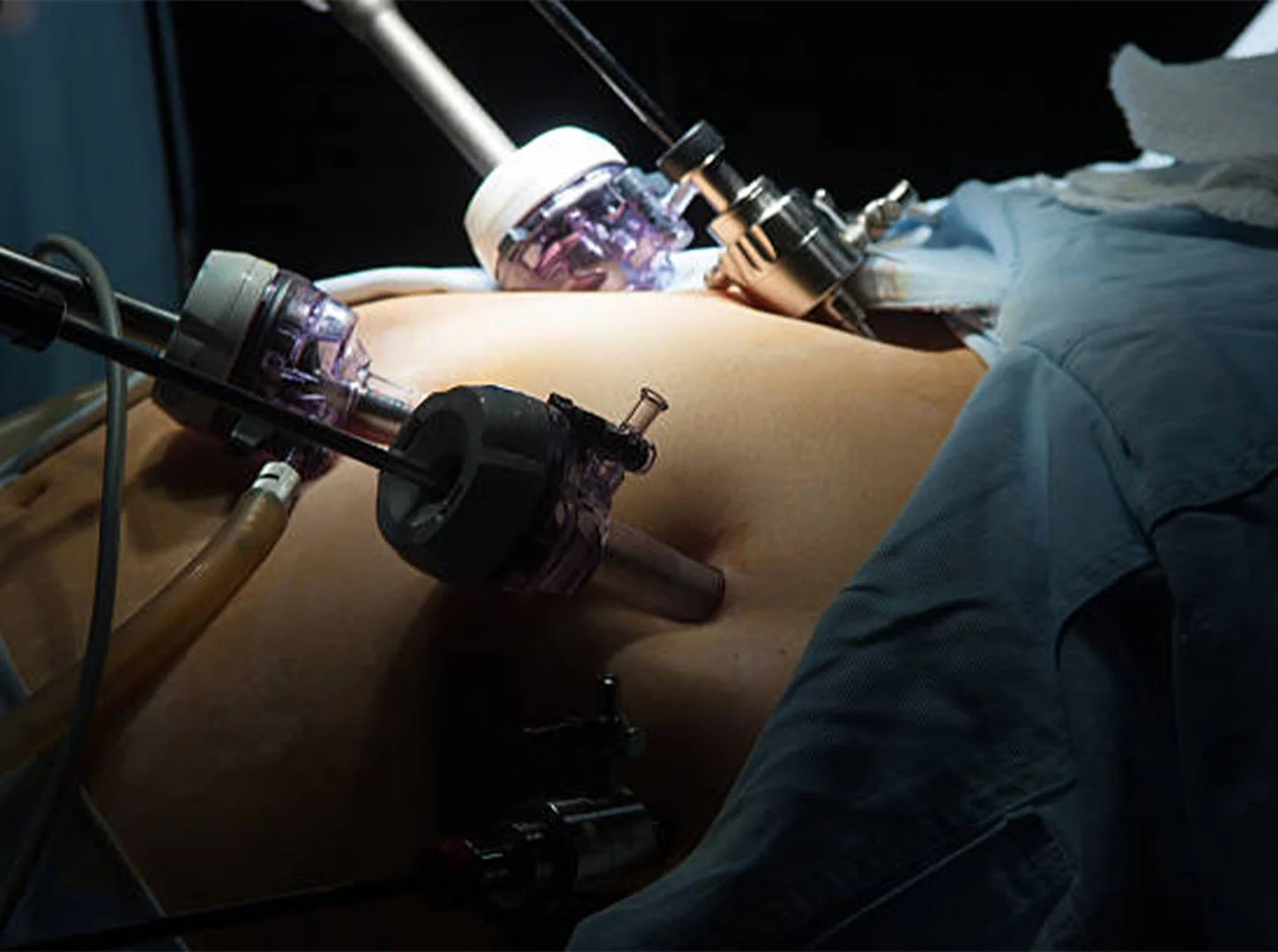Gastric Bypass in Turkey
What Is Gastric Bypass Surgery?
Gastric bypass surgery is a type of bariatric surgery designed to help individuals struggling with obesity. This procedure alters the stomach and small intestine, reducing food intake and calorie absorption, leading to significant weight loss from surgery.
It is one of the most effective options for people who have not had success with diet and exercise alone.
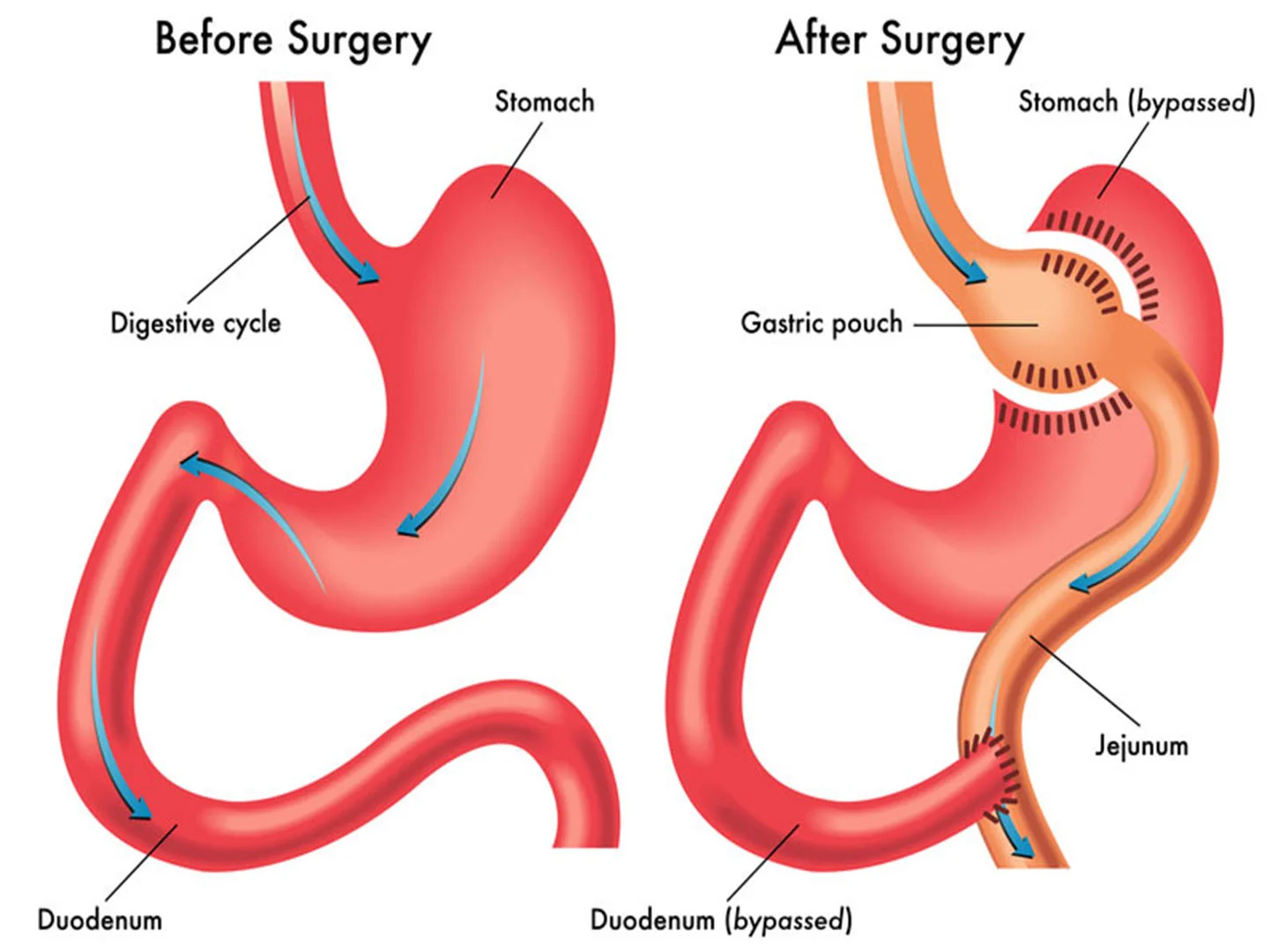

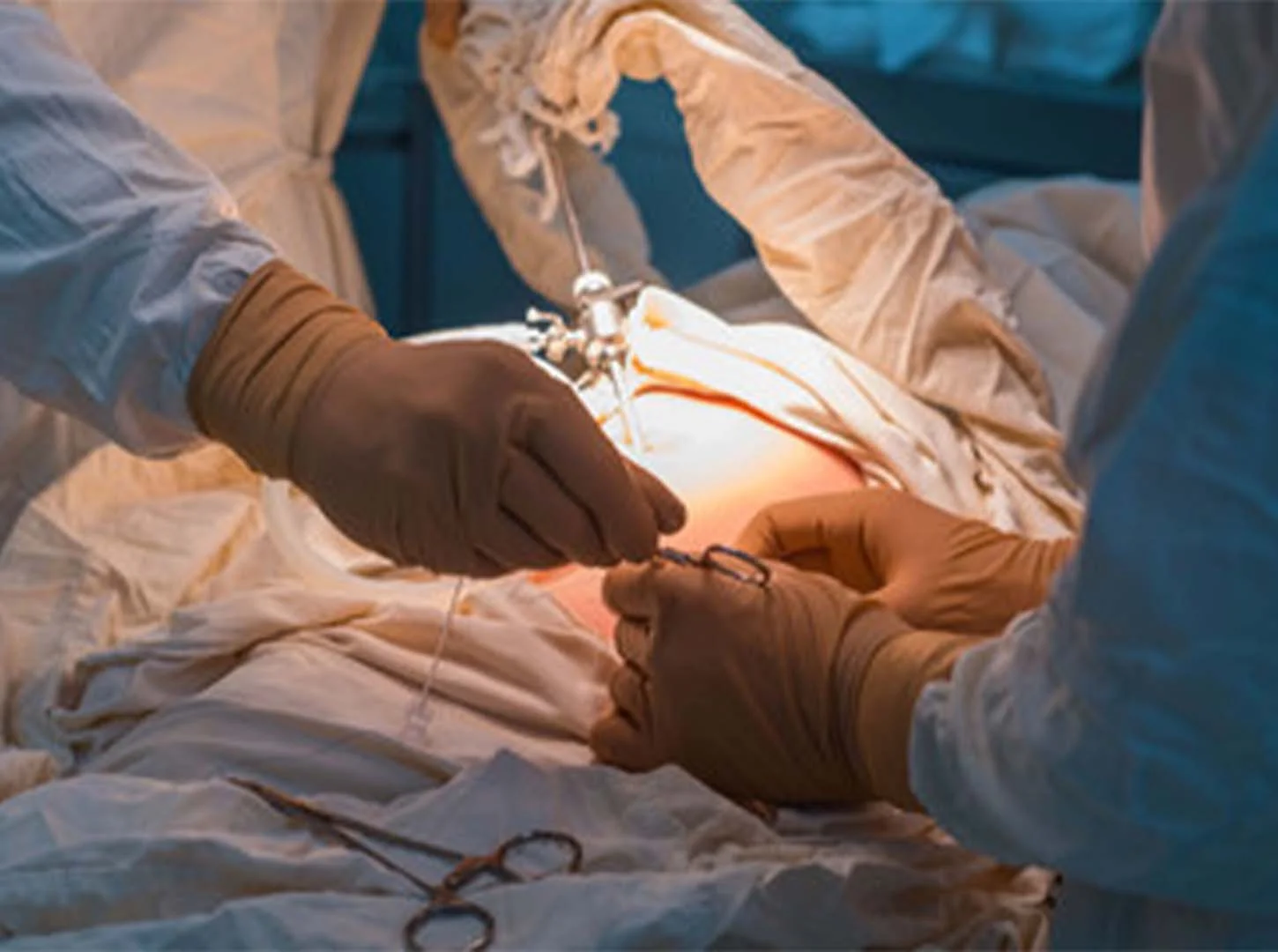

Who Can Have Gastric Bypass Surgery?
Gastric bypass surgery is suitable for individuals who:
- Have a BMI of 40 or higher.
- Have a BMI of 35 or higher with obesity-related health issues, such as diabetes or hypertension.
- Have struggled with losing weight through traditional methods.
- Meet bariatric surgery requirements set by medical professionals.
How Is Gastric Bypass Surgery Carried Out?
The most common type is Roux-en-Y gastric bypass . The procedure involves:
- Creating a small stomach pouch: A portion of the stomach is separated to form a small pouch.
- Bypassing part of the small intestine: The small intestine is rerouted to connect with the new pouch.
- Altering digestion: This reduces the absorption of calories and nutrients, aiding in weight loss surgeries.
What Is Recovery from Gastric Bypass Surgery Like?
Recovery after bariatric surgery for weight loss typically includes:
- A hospital stay of 2–3 days.
- Gradual reintroduction to solid foods.
- Adapting to a new dietary plan.
- Follow-ups with medical professionals to monitor progress.


Drawbacks of Gastric Bypass Surgery
Despite its benefits, gastric bypass surgery has drawbacks:
- Permanent changes to the digestive system.
- Strict dietary restrictions.
- Potential side effects, including gastric bypass complications.
There Are Several Types of Gastric Bypass Surgery
Common types include:
- Roux-en-Y gastric bypass.
- Mini gastric bypass.
- Laparoscopic gastric bypass surgery.
Risks of Gastric Bypass Surgery
Like any surgery, gastric bypass surgery risks include:
- Infections and bleeding.
- Nutrient deficiencies.
- Need for revision surgery in some cases.
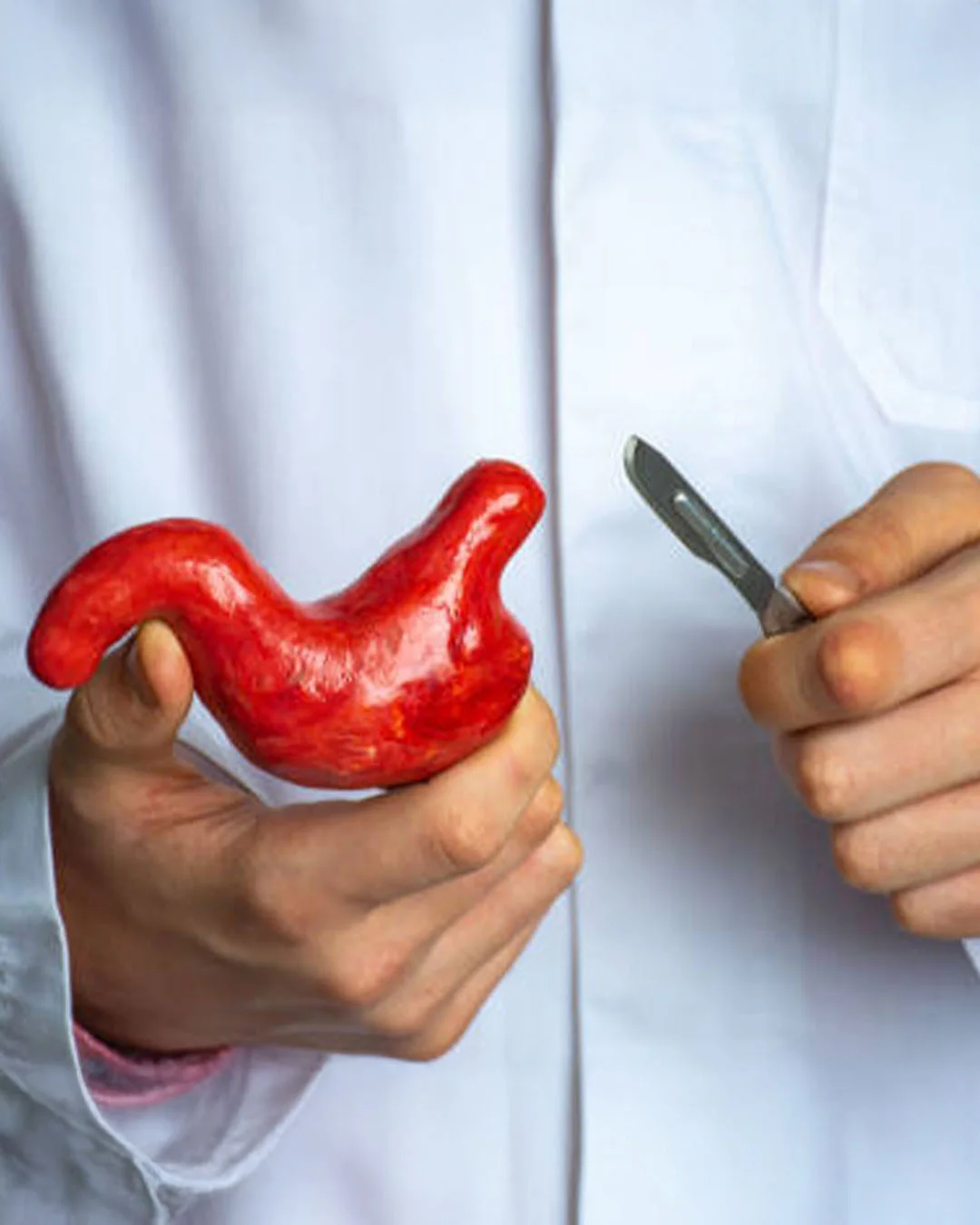

What Are the Side Effects of Gastric Bypass Surgery?
While gastric bypass surgery is effective, it comes with potential risks, including:
- Nutritional deficiencies due to reduced absorption of vitamins.
- Dumping syndrome, leading to nausea and dizziness.
- Surgery risks such as infections or leaks.
- Side effects, including fatigue and digestive issues.
Lifestyle Changes After Gastric Bypass Surgery
To ensure successful weight loss and long-term health, patients must:
- Follow a gastric bypass diet.
- Exercise regularly.
- Avoid foods that cause discomfort post-surgery.
- Take vitamin supplements to prevent deficiencies.
Preparation for Gastric Bypass Surgery
Before undergoing gastric bypass surgery, patients should:
- Consult a specialist to determine eligibility.
- Follow a pre-surgery diet.
- Stop smoking and avoid alcohol.
- Understand the risks and benefits of the procedure.
Aftercare for Gastric Bypass Surgery
Post-surgery care includes:
- Regular check-ups with the surgeon.
- A gastric bypass diet tailored to aid recovery.
- Monitoring for gastric bypass complications.
Benefits of Gastric Bypass Surgery
The benefits include:
- Significant weight loss.
- Improvement in obesity-related health conditions.
- Better quality of life and increased mobility.
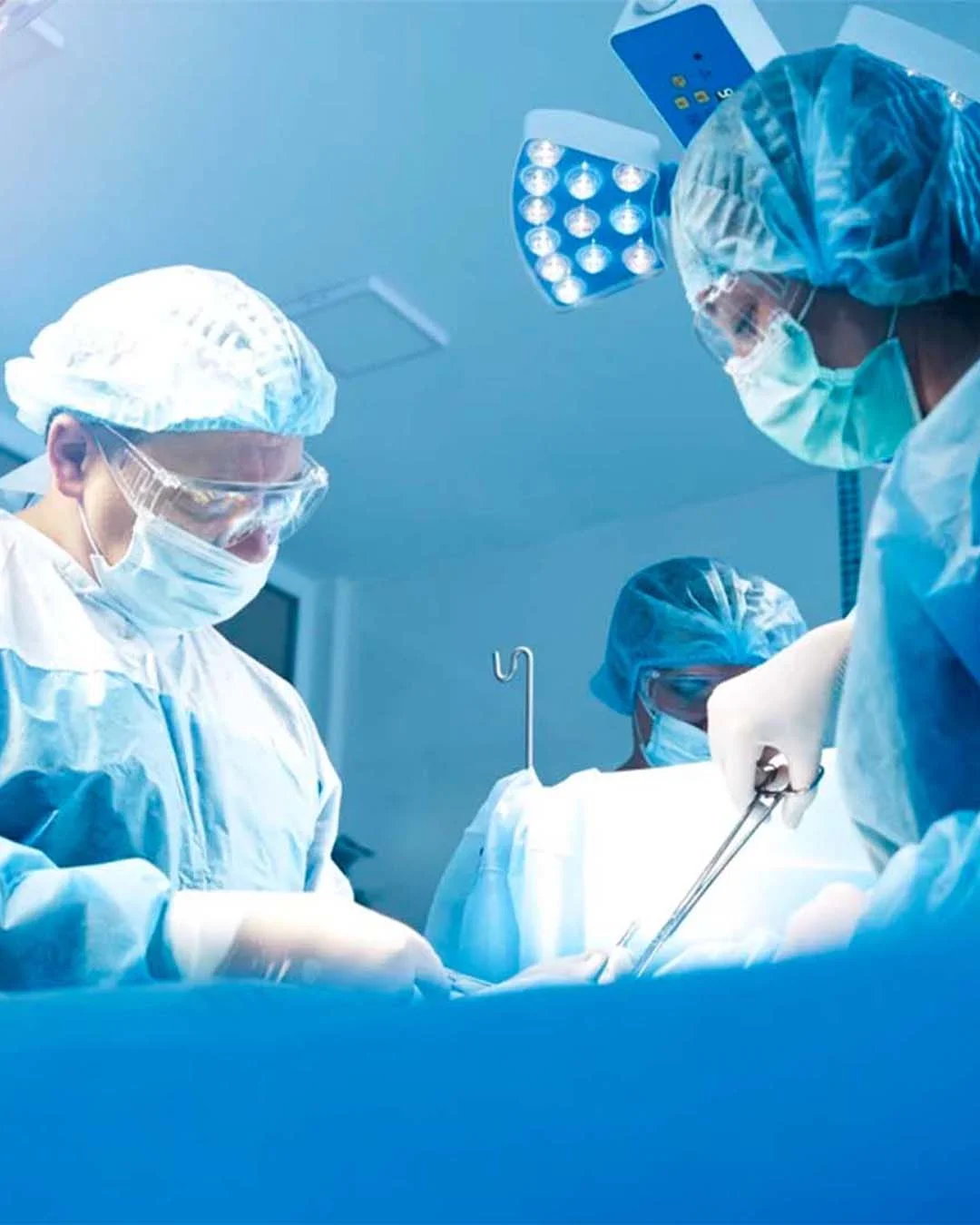

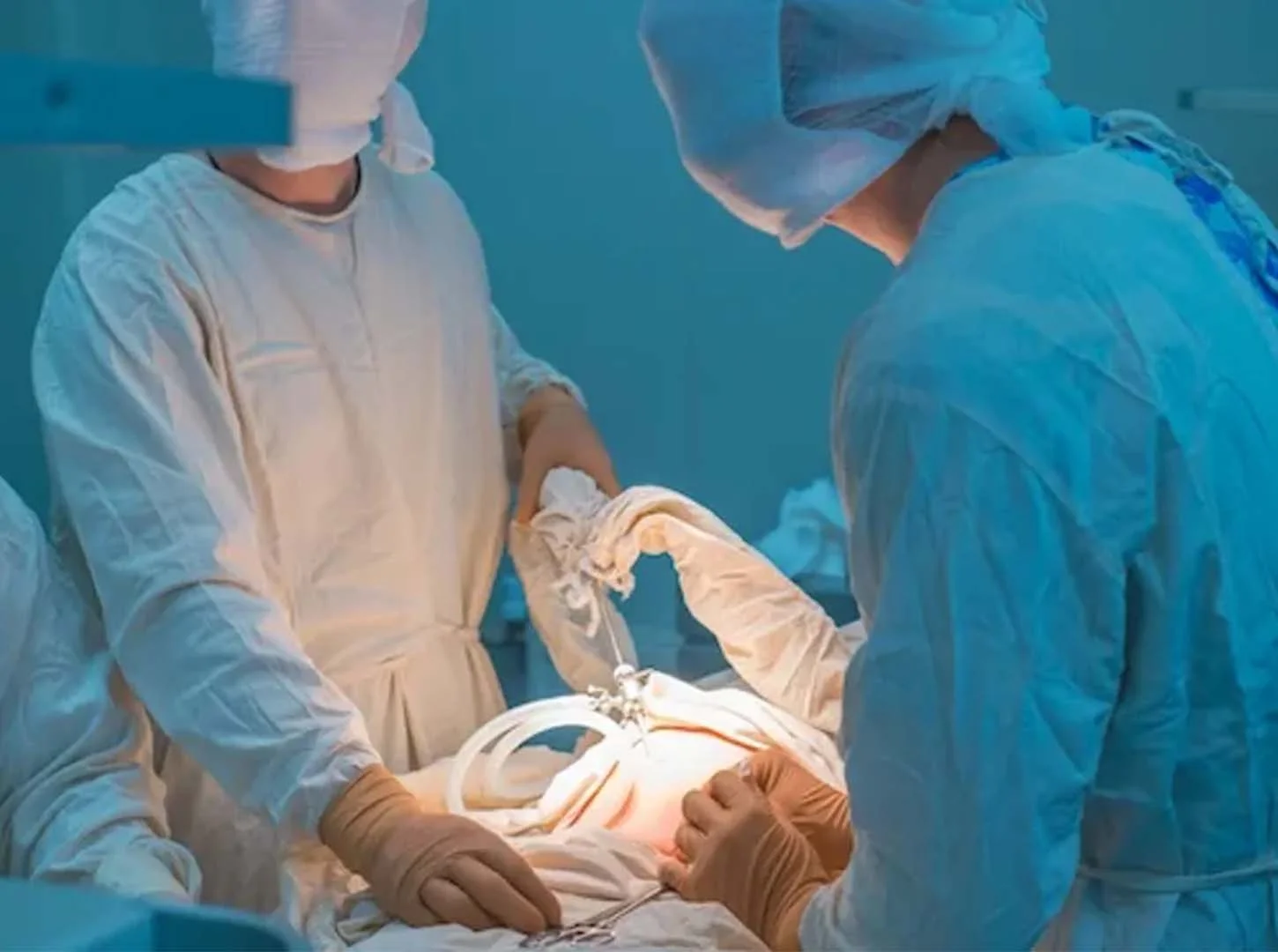

Alternatives to Gastric Bypass Surgery
Other weight loss surgery options include:
- Gastric sleeve surgery – A procedure where part of the stomach is removed.
- Mini gastric bypass – A simpler form of bypass gastrico.
- Surgical gastric banding – Using a band to restrict stomach size.
What Is the Cost of Gastric Bypass Surgery in Turkey?
The cost of gastric bypass surgery in Turkey is more affordable compared to other countries. Factors influencing the price include:
- Surgeon's experience.
- Hospital facilities.
- Post-surgery care.
Bariatric Operative Package (Gastric Bypass)
Many clinics offer bariatric surgery packages covering:
- Pre-surgery consultation.
- The procedure itself.
- Post-operative care.
Types of Bariatric Surgery
Aside from gastric bypass, other procedures include:
- Gastric sleeve vs gastric bypass: The sleeve involves stomach reduction, while the bypass alters digestion.
- Sleeve gastrectomy vs gastric bypass: The sleeve is less invasive, while the bypass offers more long-term weight loss.
Am I a Suitable Candidate for Gastric Bypass?
A specialist will evaluate factors such as:
- Medical history.
- Current weight and BMI.
- Previous attempts at weight loss.
How to Prepare for the Surgery?
Before surgery, patients must:
- Follow a bariatric surgery recovery time plan.
- Undergo necessary medical tests.
- Maintain a healthy lifestyle to improve outcomes.
Surgical Procedures: Gastric Bypass vs. Gastric Sleeve
- Gastric bypass: Alters digestion for long-term weight loss surgeries.
- Gastric sleeve: Reduces stomach size to control hunger.
